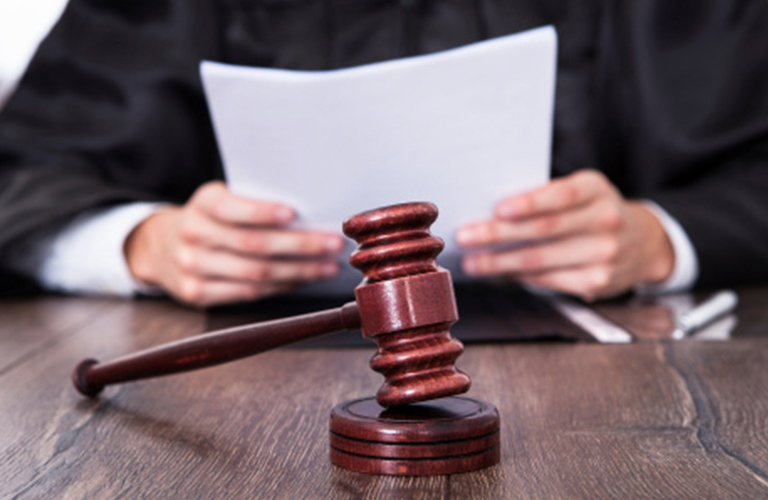
On Monday, the U.S. Supreme Court declined to review a case in which the Court of Appeals for the Federal Circuit upheld a Patent Trial and Appeal Board (“PTAB”) judgment related to a patent interference proceeding (Interference No. 106,025 (the ʼ025 interference)). The Court’s denial of certiorari fortified the SGR team’s previous successes before the Federal Circuit and the Patent Trial and Appeal Board (PTAB) for its client Yang, which resulted in judgment against Chan and cancellation of a number of claims of Chan’s U.S. Patent No. 8,614,197 related to a cancer treatment and a method of using a compound extracted from Xanthoceras Sobifolia.
After the Federal Circuit issued a summary affirmance of the PTAB’s judgment in the spring of 2017 and later denied Chan’s petition for panel rehearing and rehearing en banc (2016-1214), Chan filed a Petition for Writ of Certiorari with the Supreme Court. In its Petition, Chan argued that (a) patent interference proceedings are unconstitutional, (b) the Federal Circuit’s affirmance under Rule 36 without written opinion violates 35 U.S.C. § 144, and (c) the PTAB must find that a party’s claims are patent-eligible under Section 101 of the Patent Act before declaring an interference. As is customary, no accompanying opinion was issued by the justices to explain why certiorari was denied. However, based on the fact that the Supreme Court previously denied certiorari in two cases on appeal from the Federal Circuit involving the issue of whether the court is permitted to summarily affirm under Rule 36 without written opinion, it seems likely that the justices focused on the constitutionality arguments presented by both sides and founds Chan’s lacking.
The ʼ025 interference was the second interference declared between the parties on the same subject matter. The first interference proceeding (Interference No. 105,982), which was declared in late 2013, resulted in the cancellation of the majority of claims of Chan’s U.S. Patent Nos. 7,262,285 and 7,524,824.
SGR attorney Stephanie Scruggs was counsel for Yang on the appeal before the Federal Circuit. SGR attorneys Jessica Zurlo, Tom Wiseman, Michael Schwartz, and Stephanie Scruggs were counsel for Yang in the ʼ982 and ʼ025 interferences before the PTAB. SGR attorney Leah Ward Sears joined the team as counsel for Yang before the Supreme Court.
A patent interference is a proceeding that is unique to the United States patent system and remains relevant for patents and patent applications filed before March 16, 2013. The proceeding resolves priority disputes when the claims of two patents, a patent, and a pending patent application, or two patent applications cover the same subject matter. Each party in an interference may present proof of a conception and reduction to practice of the invention at issue, as well as arguments and evidence on patentability and enforceability of the claims in dispute, and may challenge the other party’s evidence by cross-examination. The evidence is briefed and argued before a three-member panel of administrative law judges. The result is a final judgment declaring that one party is entitled to priority of invention (i.e., was the first to invent). The losing party or parties in the interference are found not to be entitled to a patent on the contested invention. In addition to interference work, SGR’s Post-Grant Team routinely handles AIA post-grant proceedings before the PTAB.

